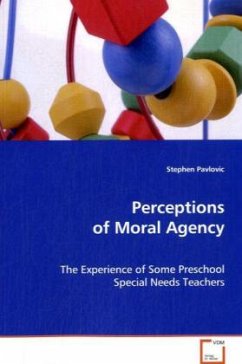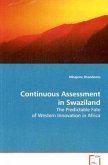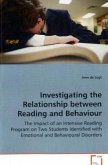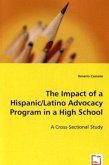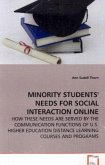Research on moral development has been dominated by the work of Lawrence Kohlberg and James Rest who have sought to construct and validate a universal model of moral development. Compared with other professions, teachers have shown disturbingly low levels of moral reasoning based on either Kohlberg's Moral Judgment Inventory (MJI) or Rest's Defining Issues Test (DIT). This study was designed to test the hypothesis that teachers' low mean-scores do not give an accurate picture of their moral development. A Delphi study was conducted, followed by interviews to gain a broad understanding of the perceptions and experience of a group of preschool special needs teachers. It was found that these teachers face a wide range of moral challenges, use very little moral language, feel isolated, and have few options for assistance in resolving moral dilemmas. The participants showed a marked consequentialist approach to moral reasoning, which helps explain their performance on tests based on Kohlberg's model and there was some evidence of an ethic of care. These findings should be of interest to faculty of teacher education programs and those in applied ethics.
Bitte wählen Sie Ihr Anliegen aus.
Rechnungen
Retourenschein anfordern
Bestellstatus
Storno

